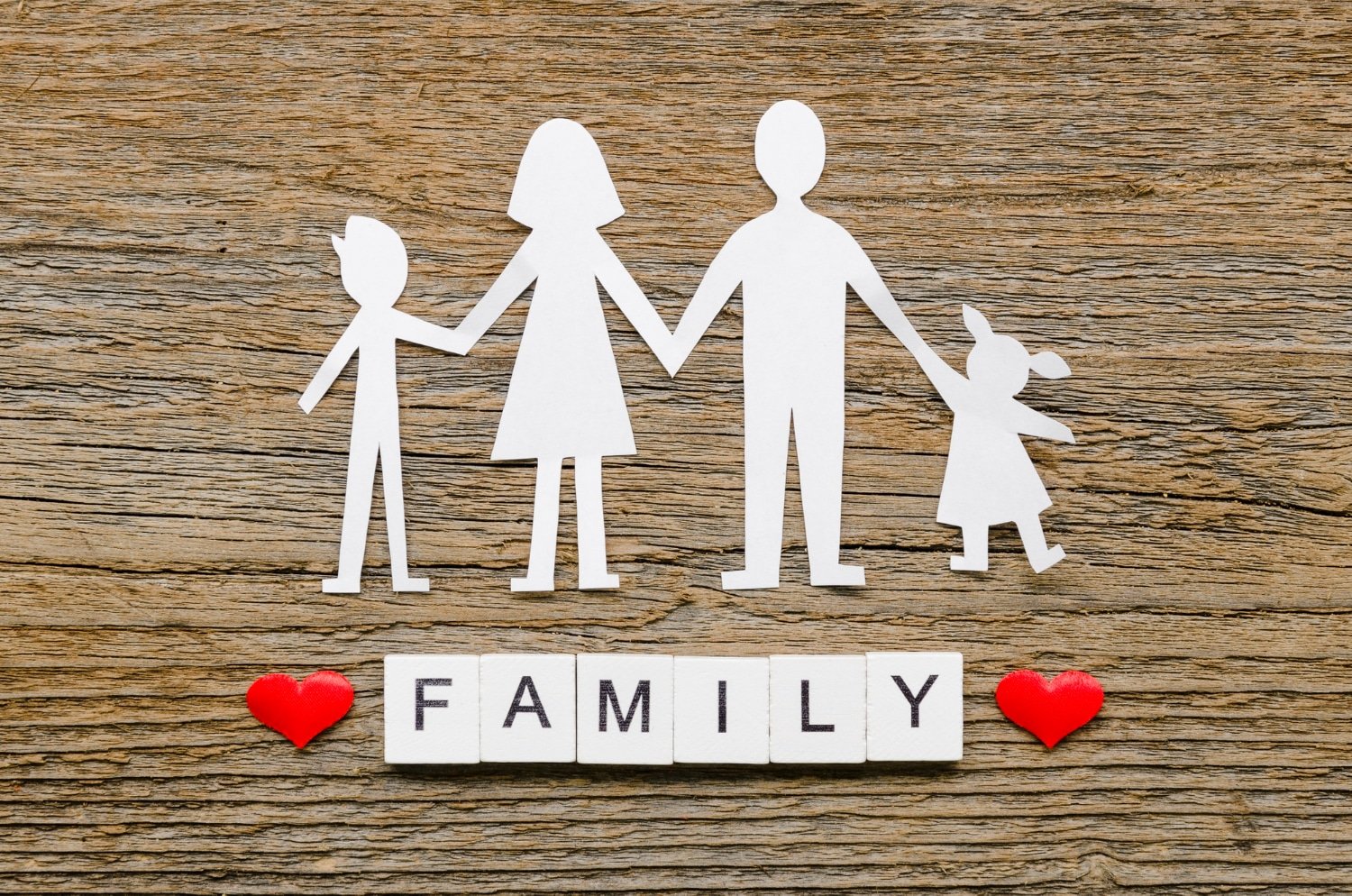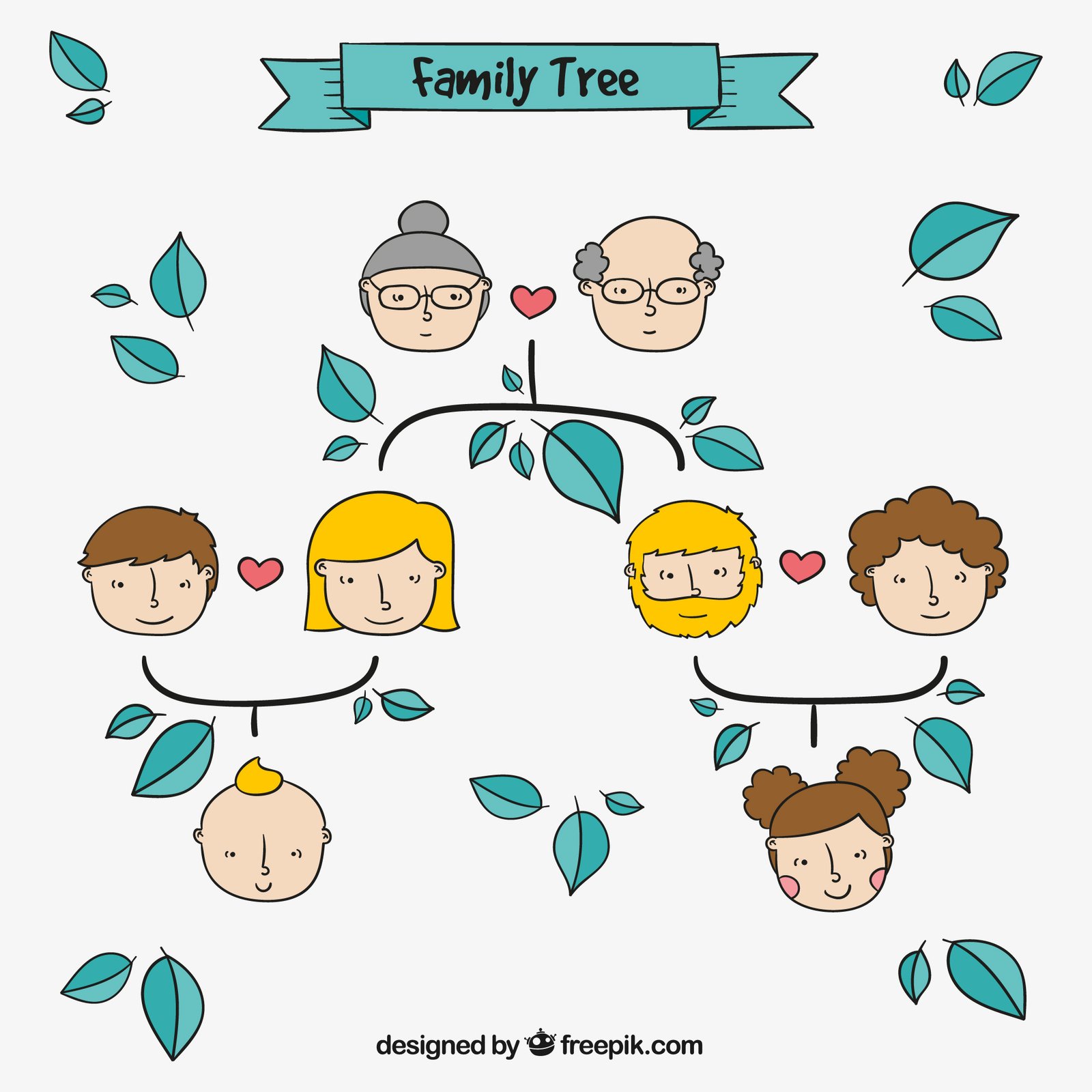Family bonding is more than just a buzzword. It represents a vital facet of human development and emotional well-being. It shapes our character, influences our relationships, and grounds us in a rapidly changing world. This article delves into the significance of family bonding, featuring relevant examples, case studies, and statistics to provide valuable insights.
The Meaning of Family Bonding
Is the process of forming close, secure emotional connections between family members. These ties can develop through shared experiences, open communication, and the demonstration of love and support. It’s a continuous process that evolves as families grow and change.
Why Family Bonding Matters: A Closer Look at the Benefits
- Emotional Stability: Children who experience strong family bonds are often more emotionally secure and confident. They feel valued, which fosters a healthy sense of self-worth and resilience.
- Social Skills: Interactions within the family serve as a training ground for social interactions. Through family bonding, children learn empathy, cooperation, and conflict resolution.
- Academic Success: A study from the University of Illinois found that family routines and rituals are linked to academic success and higher self-esteem among children.
Creating Strong Family Bonds: Practical Strategies and Examples
While is clearly beneficial, it requires intentional effort. Here are some strategies that have proven effective.
- Quality Time: Spending time together doing activities everyone enjoys is a simple, effective way to foster closeness. This could be weekly family game nights, outdoor activities, or even cooking together.
- Open Communication: Encouraging open, honest communication promotes understanding and trust. It’s essential for resolving disagreements and expressing love and appreciation.
- Shared Values: Teaching and living by a set of shared values can bring a family closer. Values give a sense of identity and purpose, reinforcing the family bond.
Case Study: The Impact of Family Bonding on Adolescents
A study published in the Journal of Marriage and Family explored the impact of family bonding on adolescents. The researchers found that adolescents who felt more connected to their families were less likely to engage in risky behaviors and more likely to excel academically. This study underscores the importance of family bonding in shaping healthier, more successful future generations.
Conclusion
Family bonding is a cornerstone of healthy emotional and social development. It cultivates resilience, fosters academic success, and imparts critical social skills. Intentional efforts to spend quality time, promote open communication, and establish shared values can strengthen these bonds. As evidenced by the case study on adolescents, the impact of strong family ties resonates well into the future, shaping the adults of tomorrow.
In an age of digital distraction and busy schedules, fostering FB is more important than ever. Let’s remember to cherish these ties that truly last a lifetime.








